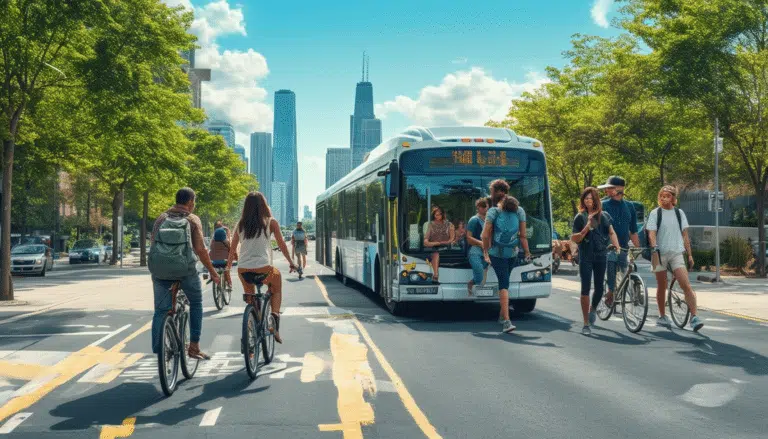How vacations can impact your fuel spending
Vacations are moments of rest and enjoyment, but they can also have a significant impact on fuel spending. As we plan our trips, it is essential to consider how our transportation choices and driving routines can influence gasoline consumption. From proper vehicle maintenance to the way we approach the journey, every decision can help reduce costs and promote more sustainable tourism.
Vacations are ideal moments to enjoy with family and disconnect from the daily routine. However, these trips can also have a significant impact on fuel spending. Knowing some tricks and strategies will make vacations more enjoyable and affordable while promoting more responsible tourism. This article explores how travel-related decisions can affect fuel consumption and offers tips for optimizing expenses in this area.
Proper Vehicle Maintenance
Before embarking on a trip, it is crucial to carry out proper vehicle maintenance. Keeping the engine filters clean allows the engine to operate efficiently, avoiding excessive gasoline consumption from the start of the journey. An optimally functioning engine will be less prone to overexerting itself, which consumes more fuel.
Tire Check
Whenever a long trip is planned, it is essential to check the tires. Checking their condition and pressure is fundamental to avoid unnecessary wear that could increase fuel spending. Well-inflated and good-condition tires improve vehicle efficiency, reducing gasoline consumption throughout the trip.
Driving Style
Driving style also plays an important role in fuel consumption. Accelerating and braking harshly increases gasoline spending. Drive smoothly and steadily, using the accelerator and brake moderately. Additionally, avoiding excessive use of air conditioning can contribute to lower fuel consumption, especially on long trips.
Route Planning
Planning the route in advance helps optimize fuel consumption. Identifying less congested roads and avoiding traffic jams can be key to reducing time on the road and, consequently, fuel expenses. Moreover, this can allow choosing routes that permit steady driving and fewer stops, positively impacting gasoline savings.
The Impact of Luggage on Consumption
The weight of luggage also affects fuel consumption. Taking only what is necessary and optimizing the vehicle’s load can help minimize this impact. A trailer hitch, for example, can be a less detrimental alternative to aerodynamics than a roof box and can facilitate maneuvers during the trip.
Vacation Fuel Expenses in Different States
It is important to note that the price of gasoline varies by state. For example, California is known for having higher fuel costs, which can significantly affect the total vacation budget. Knowing the prices along the route can assist in the financial planning of the trip.
Tips for Saving Fuel During Vacations
There are various tips that can help reduce fuel spending during vacations. For example, check oil and other fluid levels, as a well-lubricated engine operates more efficiently. Additionally, consider making strategic stops to rest and refuel, which also contributes to safer driving and better expense control.
Finally, knowledge and preparation are key to optimizing fuel consumption during vacations. Implementing all these strategies not only benefits personal finances but also creates a positive impact on the environment. Driving responsibly and taking care of the vehicle are fundamental steps towards more sustainable tourism.
The Impact of Vacations on Fuel Spending
Vacations are a time for enjoyment and relaxation, but they can also have a significant impact on fuel spending. With the increase in traffic and distances traveled during this season, it is essential to consider some factors that can affect our vehicle’s efficiency. For example, the condition of tires and engine filters can directly influence gasoline consumption, as proper maintenance can optimize performance and reduce unexpected expenses.
Additionally, driving style plays an important role. Getting used to driving gently and avoiding sudden accelerations allows for considerable fuel savings. The way air conditioning is used can also affect consumption; in some cases, lowering windows instead of turning on the air might be more efficient in terms of fuel consumption.
Another consideration is prior planning for trips. Estimating fuel expenses based on distance and route characteristics helps avoid surprises. By opting for less congested routes, drivers can maintain a more consistent speed and, therefore, better fuel performance.
In this context, the impact of vacations on fuel spending not only affects drivers’ wallets but also has environmental implications. More responsible vehicle use and a focus on sustainability can contribute to reducing pollutant emissions. Therefore, when considering vacations, it is vital to adopt strategies that allow enjoying leisure time without neglecting the economy and the environment.





